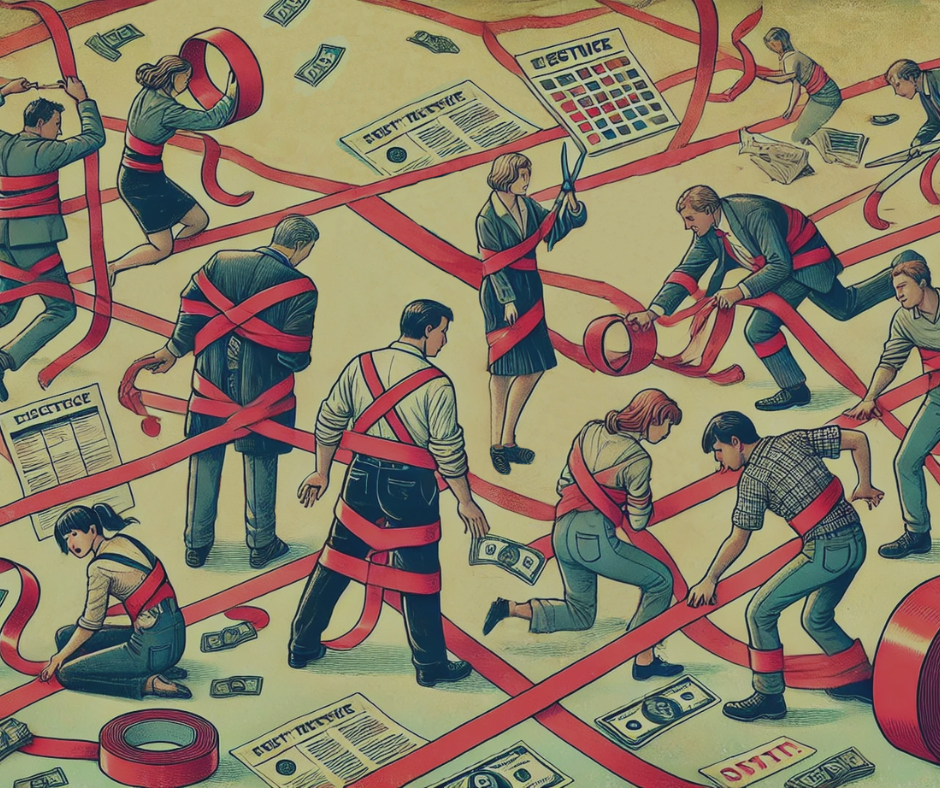
Marriott-Sonder guests are describing chaos, confusion, and out-of-pocket expenses after Sonder — a short-term rental company once billed as an Airbnb rival — abruptly shut down this week. Sonder, which said it...

The European Commission’s 2025 Work Programme, titled “Moving Forward Together: A Bolder, Simpler, Faster Union,” outlines key priorities that will shape policies impacting consumers across the continent. As consumer advocates,...

Commentators have long praised the European Union (EU) for its robust regulatory framework, which aims to protect consumers, ensure environmental sustainability, and maintain market fairness. However, this commitment to regulation...

The French Health Minister Geneviève Darrieussecq’s announcement to ban nicotine pouches disregards a valuable tool in the fight against smoking-related disease and, by extension, undermines consumer choice and public health....




Traveling by air can be both exciting and stressful, and one thing you should always be aware of as a passenger is your rights. These rights can vary significantly depending...

Don’t think you’re powerless against inflation. Try these financial strategies in six different areas of your spending life. It’s no secret that inflation has battered a lot of bank accounts in the...

In the view of Fabio Fernandes, Head of Communications at the Consumer Choice Center, a consumer advocacy group and nonprofit organization, consumers looking to gain a solid financial footing in...

Some shoppers dealing with increased prices on back-to-school items are using everything in their arsenals to tackle the extra costs, including buy now, pay later (BNPL), according to recent survey...

Na quarta-feira (27), o Federal Reserve elevou sua taxa básica de juros em robustos três quartos de ponto pela segunda vez consecutiva em seu esforço mais agressivo em três décadas para domar a...